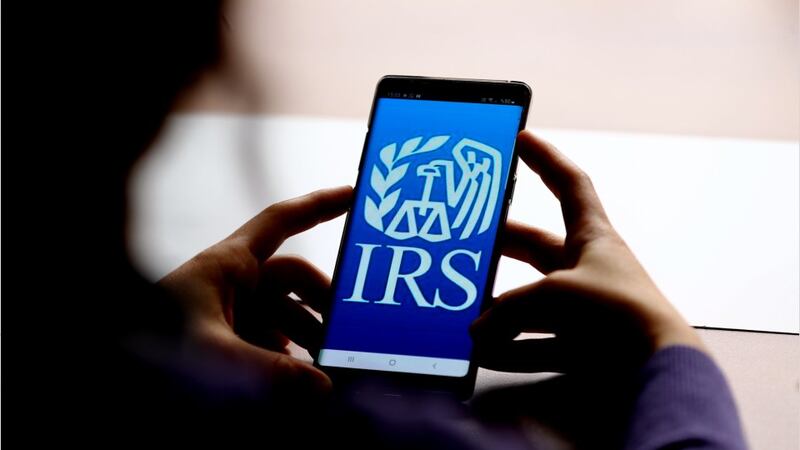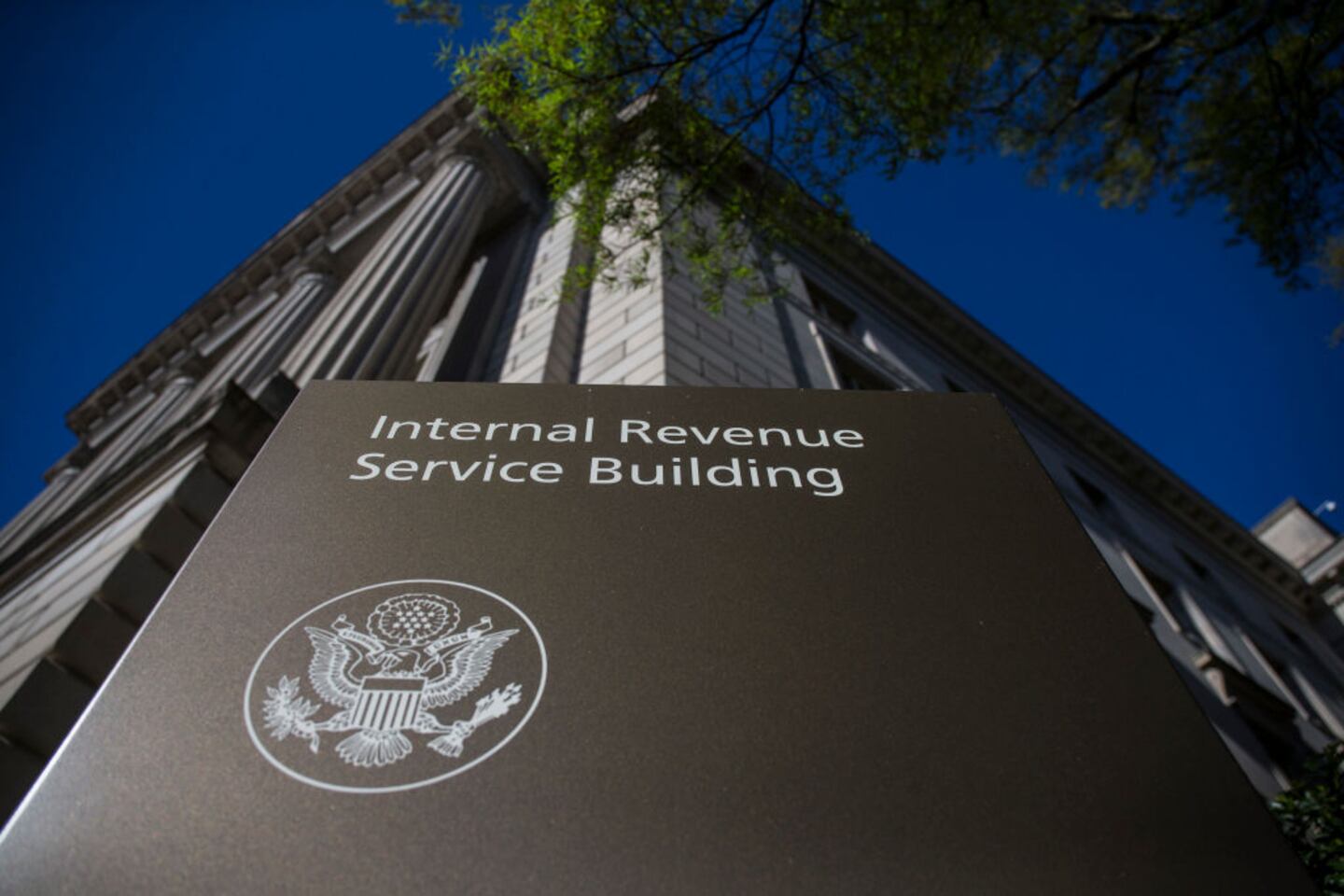Update: 6 a.m. ET April 15, 2020: The IRS website that allows you to track your stimulus check, “Get my payment”, has been launched.
Update: 6:50 p.m. ET April 13, 2020: Treasury Secretary Steven Mnuchin said Monday that 80 million Americans will get their stimulus checks directly deposited into their bank accounts on Wednesday.
Mnuchin, speaking during President Donald Trump’s daily coronavirus press briefing, announced that the payments will be directly deposited into the bank accounts of those who have filed their 2018 or 2019 tax return. Those who receive Social Security benefits will also receive a payment in the same way they receive their Social Security benefits.
He also noted that if a person does not fall into one of those categories, they can go to the website below and enter their information to get a check mailed to them or to have one deposited in a checking account.
Original story:
The Internal Revenue Service will help Americans track their $1,200 stimulus payments with a new tool it expects to launch this week.
The first of the checks aimed at helping Americans after the COVID-19 virus virtually shut down the U.S. economy were sent out on Saturday.
“#IRS deposited the first Economic Impact Payments into taxpayers’ bank accounts today. We know many people are anxious to get their payments; we’ll continue issuing them as fast as we can,” the IRS wrote Saturday evening on Twitter.
The IRS tracking tool called “Get my payment,” will tell Americans when they can expect to receive the checks that are part of a $2.2 trillion bailout of the American economy. According to the IRS, the site is expected to be up and running by April 17.
The plan passed by Congress and signed by President Donald Trump last month includes $1,200 checks to Americans who filed their income tax as “single” with an adjusted gross income below $75,000 and those who filed as “head of household” with an AGI of less than $112,500.
Married couples who filed taxes jointly and who made less than $150,000 will receive $2,400. In addition, the government will pay $500 per qualifying child.
Those who receive Social Security checks will also receive the payments as long as they fall under the income levels.
The money will be deposited directly into bank accounts if the IRS has the account information on file from previous years’ tax returns. If you did not file a tax return for 2018 or haven’t yet for 2019 you can submit your direct deposit information here.
You should also use that link to submit your information to the IRS if you were not required to file a tax return in the past two years.
There is some confusion over whether people who receive Supplemental Security Income (SSI) need to provide the IRS with information, but they can fill out the form as well to submit their direct deposit information.
The agency also plans to build an online portal for people who have filed taxes but may need to update their direct deposit information.
According to estimates by the House Ways and Means Committee, here is how the checks are expected to go out. The committee memo notes that the timeline is subject to change. According to the memo:
- The IRS will make about 60 million payments to Americans through direct deposit in mid-April (likely, the week of April 13th). The IRS has direct deposit information for these individuals from their 2018 or 2019 tax returns. This will include Social Security Administration beneficiaries who filed federal tax returns that included direct deposit information.
- Shortly (hopefully within 10 days) after the first round of payments is made in mid-April, the IRS plans to make a second run of payments. These payments will be made to Social Security beneficiaries who did not file tax returns in 2018 or 2019 and receive their Social Security benefits via direct deposit. (The estimates are that nearly 99 percent of Social Security beneficiaries who do not file a return receive their Social Security benefits through direct deposit.)
- About 3 weeks after the first round of payments are made (the week of May 4th), the IRS will begin issuing paper checks to individuals. The paper checks will be issued at a rate of about 5 million per week, which could take up to 20 weeks to get all the checks out.
The checks will be issued in reverse “adjusted gross income” order -- starting with people with the lowest income first.
>> Coronavirus checklist: 100-plus disinfectants that may kill coronavirus on surfaces
>> Coronavirus symptoms: What you need to know
>> Coronavirus: Know the facts directly from the CDC
>> Coronavirus: Can the government make you stay home if you are sick?









